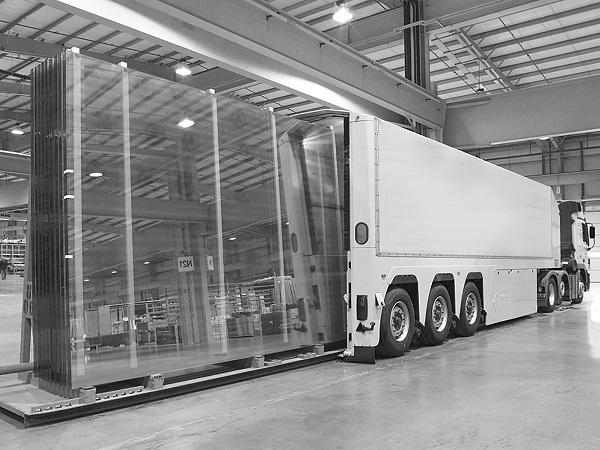
Date: 25 February 2022
“Commercial vehicles – weights and dimensions (evaluation)”
While the harmonization aimed at by Directive 96/53/EC is welcomed, the minimum harmonization approach gives rise to limitations that prevent optimization of transport flows of flat glass products. Glass for Europe believes that this will translate in more trucks on the road and more CO2 emissions.
As highlighted in the position paper released yesterday, Glass for Europe considers that transiting trucks that are heavier than the standard maximum weight, but within the weight limit accepted by the bordering Member States, should be able to cross the border in the same way vehicles with the standard maximum weight would do. Raising the maximum weight of vehicles to at least 44 tonnes is also recommended. Both measures would help optimize the transport of flat glass and reduce the associated CO2 emissions.
Read the position paper Revising the weight policy of Heavy Goods Vehicles
 600450
600450



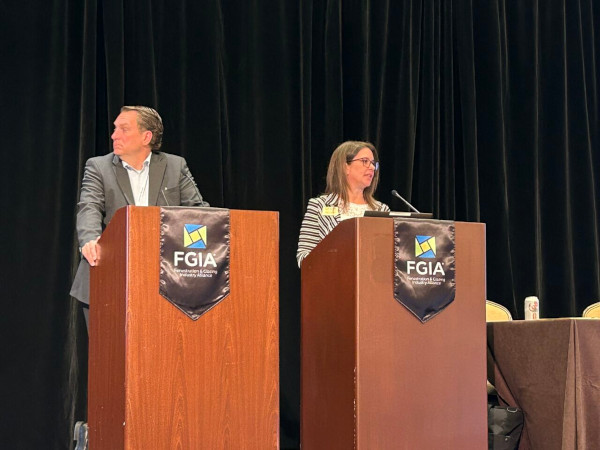
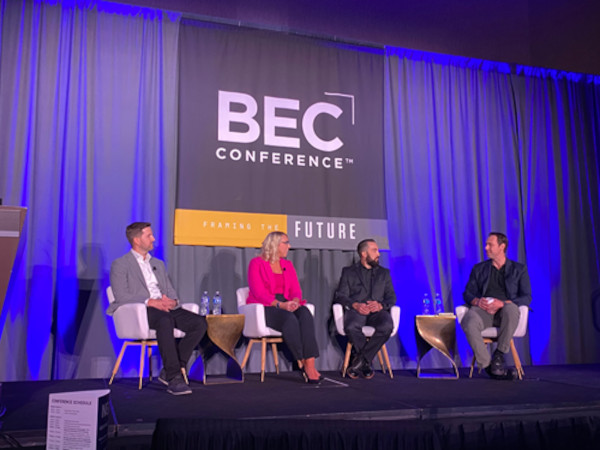
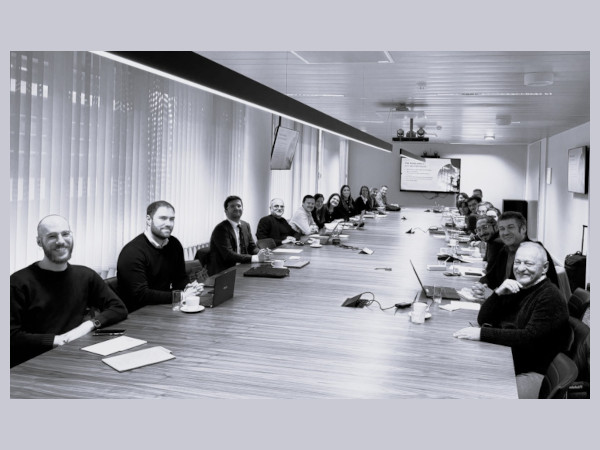






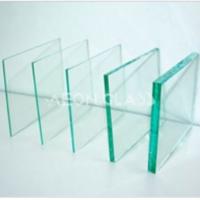

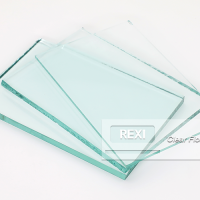
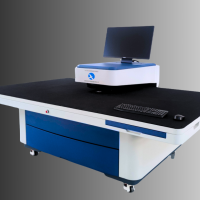

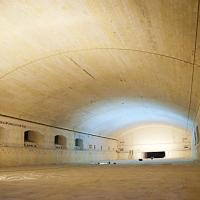
Add new comment